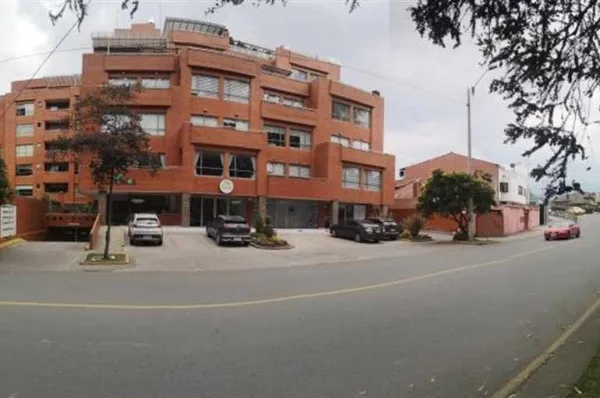Chinese technology failures and cheap imports are a growing concern for many Latin America countries
On April 1, Chinese defense officials converged at La Paz, Bolivia, for a grand ceremony to deliver the ground station for a Chinese-launched communications satellite.
Chinese officials represented the state-owned Great Wall Industry Corp. of China, and the system was delivered to the Bolivian Space Agency.
 The satellite, named Tupac Katari after an 18th-century Bolivian revolutionary, was made by China Aerospace Science and Technology Corp, and was launched in December.
The satellite, named Tupac Katari after an 18th-century Bolivian revolutionary, was made by China Aerospace Science and Technology Corp, and was launched in December.
China’s tightly controlled state media hailed the space cooperation with Bolivia, an impoverished Latin American nation led by an anti-Western radical, as an “exemplary model” for bilateral relationship.
China badly needs a shining success in space cooperation to boost Latin America’s confidence in Beijing’s space technology after the disastrous launch failure late last year of a much touted, expensive Brazilian Earth-observing satellite.
On Dec. 10, a Chinese Long March 4B rocket lifted off from Taiyuan satellite launch center in North China, carrying the $250 million, jointly developed, remote-sensing Earth resources satellite called CBERS-3. The third stage of the Long March 4B rocket malfunctioned and failed to deliver the satellite into orbit. CBERS-3 fell back to Earth.
That failure shattered much of China’s credibility in space launches for Latin America. Brazil is China’s desired partner for both trade and international alliance. Both belong to the so-called BRICS bloc of nations, the acronym for the loosely formed, non-Western alliance of Brazil, Russia, India, China and South Africa.
Other Latin American countries are in discussions with China about satellite development and launching including Ecuador, Peru, Chile and Argentina.
Not only do Latin American nations have concerns about Chinese technology, but they also are leery of China’s trade and commercial practices that are often mercantilist in nature and hamper development of indigenous culture and ecology.
In Colombia, Ecuador, Peru and Bolivia, indigenous artisans claim that China manufactures cheap products that compete with their own. One example, are the straw hats, referred to as Panama hats, that have been made in the Ecuadorian highlands, near Cuenca, for centuries. Now, they must compete with Chinese-made “Panama hats” made from synthetic material.
China has long eyed Latin America’s rich natural resources, especially its mineral deposits, and has spent enormous amounts to buy mining rights and invest in mining projects.
As the world’s largest copper consumer, China is eager to tap into Peru’s abundant copper resources. Chinalco, Beijing’s largest state-owned mining giant, has spent a whopping $4.5 billion in the Peruvian copper mine Morococha in southwest Peru, making it China’s largest copper mine overseas.
But Chinese managers and workers at Morococha resorted to the egregious practice of dumping waste. Peruvian environmental authorities recently discovered that the mine was releasing yellowish acidic waste materials into a pristine lake nearby.
In addition to environmental concerns, Chinese-run operations have also shown poor safety records. On Monday, an explosion at an Ecuadorian hydroelectric project east of Cuenca killed four workers, all Chinese.
Despite these and other setbacks, China is marching on in Latin America, accompanied by a few ideological fellow travelers, such as Venezuela and Cuba.
In the past decade, China has developed strategic partnerships with late Venezuelan leader Hugo Chavez and current President Nicolas Maduro, as well as Cuba’s Fidel and Raul Castro. Chinese naval vessels have cruised the Caribbean to spread goodwill, and People’s Liberation Army soldiers have been sent to the Venezuelan jungle to conduct “anti-terrorism” military drills.
Currently, a large number of Chinese trainees are in Cuba learning Spanish. Chinese leader Xi Jinping made his foreign policy debut in Cuba before assuming his supreme post.
Credit: www.washingtontimes.com; Photo caption: Chinese financed hydro electric plant near Cuenca


















